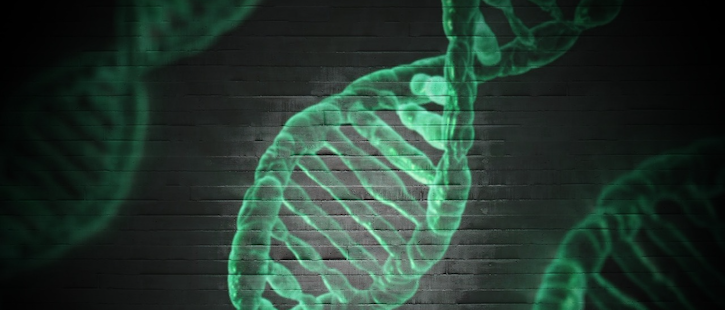Partners HealthCare Biobank Reaches 100,000 Participants, Potentially Improving Outcomes
Physicians can use the data to better understand, treat and prevent diseases.

Researchers and institutions affiliated with Partners HealthCare will have access to even more health data to accelerate clinical research and improve outcomes, with the news that the health system’s biobank reached more than 100,000 participants this week. With the wealth of health data, physicians may better understand, treat and prevent diseases in patients.
“Greater participation in the biobank enables us to increase the scale and scope of our research and provides our researchers with access to data and information that would otherwise take them years to source,” said Scott Weiss, M.D., principal investigator at the Partners Biobank.
Researchers at Brigham and Women’s Hospital, Massachusetts General Hospital and other Partners institutions use the biobank to study how genes, lifestyles and other factors affect people’s health and contribute to disease.
Patients who are enrolled in the biobank provide a sample of blood linked to their electronic health record data. Participants also provide a self-reported health survey and their family history. Blood specimens are genotyped and stored in a research sample and data repository for Partners researchers.
How the Biobank Can Improve Patient Outcomes
With access to genotype samples, researchers can detect potential health issues for participants before clinical symptoms show.
For example, Kristine Trudeau, a nurse from West Springfield, Massachusetts, enrolled in the biobank while recovering from a double lung transplant.
Researchers informed Trudeau that they discovered something in her sample and that she should provide an additional sample to confirm findings. Trudeau tested positive for the BRCA-2 gene, which puts her at a higher risk of developing breast or ovarian cancer.
Three months after aggressive monitoring, an oncologist detected breast cancer. But the oncologist detected the cancer early, with no lymph node involvement. Trudeau underwent a double mastectomy and is now in remission.
“Having this information not only helped me but because this is genetic, I was also able to encourage my sister to get tested and, at some point, my children will be tested so that they can take precautions as well,” Trudeau said.
Clinical Research and the Biobank
The biobank has provided samples to more than 200 studies, including those on the genetic causes of cardiomyopathy, the role of genes in rheumatoid arthritis and the genetic impacts of medications like antidepressants.
“We are already seeing tremendous results from the biobank, both for individual patients where a health concern was identified, to large studies that are helping us to identify diseases like Alzheimer’s and cancer in patients who have yet to develop any symptoms,” Weiss said.
And other biobanks are available to researchers to aid in therapeutic discovery and enhance the understanding of human biology.
The U.K. Biobank has data from more than 502,000 individuals and combines phenotypic and genotypic data with streamlines access for researchers globally.
The data collected by these biobanks have the potential to change the way researchers and physicians approach medicine and the personalized treatment of patients.
Get the best insights in digital health directly to your inbox.
Related
Researchers Identify Common Genes Linked with Diseases
Pinpointing Precision Medicine's Place in Cardiology
Medical Genome Initiative Launched by Top Healthcare and Research Orgs